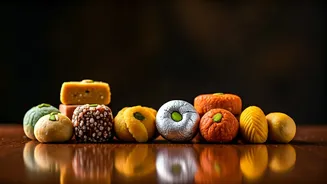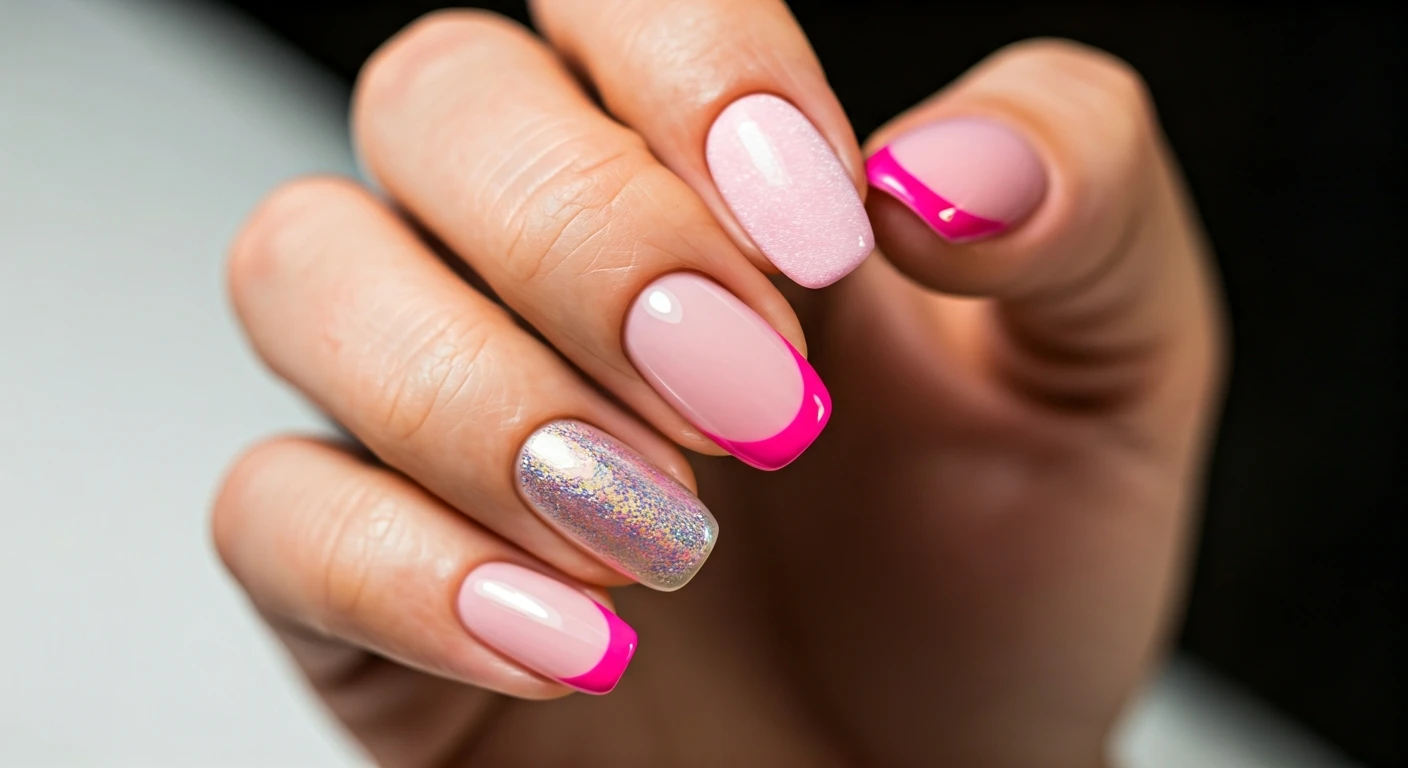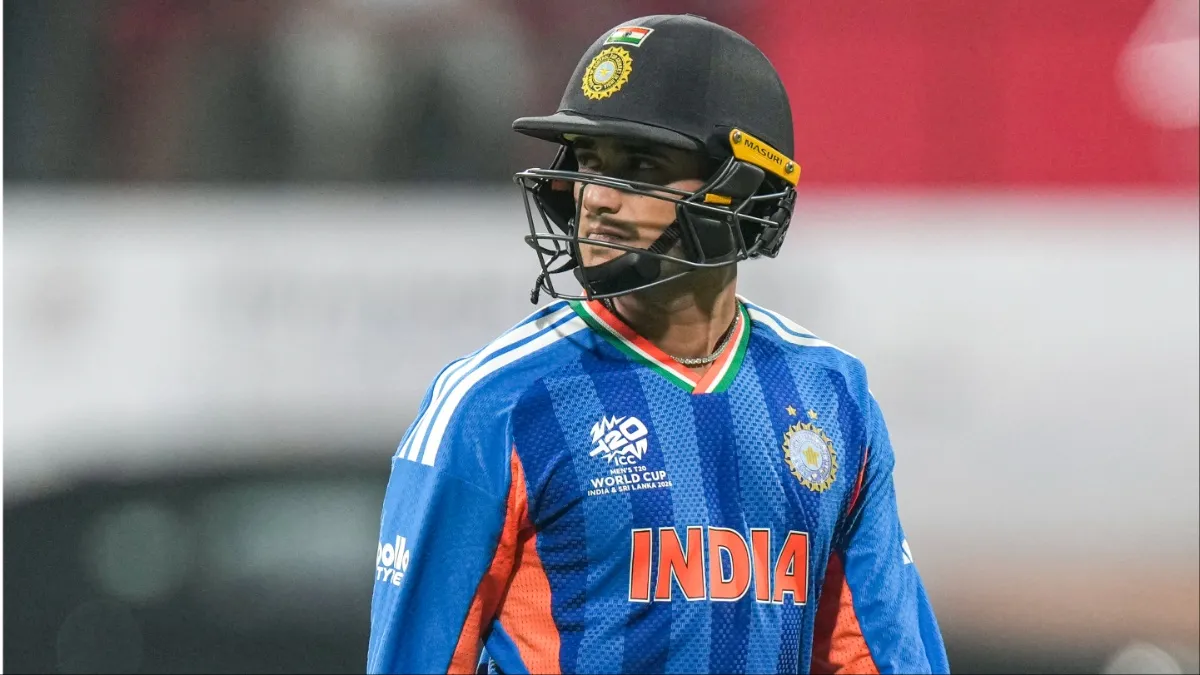Diwali's Sweet Delights
Diwali is synonymous with an array of sweets, each with its unique flavor and cultural significance. These treats, often laden with sugar, ghee, and other
rich ingredients, have been an integral part of Diwali celebrations for generations. Families across India prepare and share these delicacies, fostering a sense of community and festivity. The sheer variety is astonishing, from the rich and decadent *gulab jamun* and *jalebi* to the more subtle sweetness of *barfi* and *laddoo*. Understanding the nutritional content and the impact these sweets have on blood sugar is critical for maintaining overall health during the holiday season. The tradition of gifting and sharing sweets adds another layer to this cultural phenomenon, solidifying the role of sweets in Diwali celebrations.
Blood Sugar's Impact
The consumption of high-sugar sweets during Diwali can significantly impact blood sugar levels, especially for those with diabetes or pre-diabetes. A sudden spike in blood sugar can lead to various health complications, including fatigue, increased thirst, and even more severe issues. The body's ability to process sugar varies from person to person, and factors such as insulin resistance and overall health play crucial roles. High blood sugar levels can also contribute to long-term health problems. This makes it crucial to approach Diwali with a mindful strategy to ensure a balanced approach to enjoying the festivities. Understanding the glycemic index and glycemic load of various sweets is essential in making informed choices and mitigating the impact on blood sugar levels.
Smart Sweet Choices
Navigating the sweet temptations during Diwali requires making smart choices. Opting for healthier alternatives can help manage blood sugar levels without sacrificing the joy of the festival. Consider lower-sugar versions of traditional sweets, such as using natural sweeteners like jaggery or dates instead of refined sugar. Portion control is also a critical factor; enjoying smaller servings of sweets can prevent a significant blood sugar spike. Explore recipes that incorporate ingredients like whole grains, nuts, and seeds, which add fiber and protein to slow down sugar absorption. Furthermore, choosing sweets made with healthier fats, like ghee in moderation, can be a better choice compared to highly processed alternatives. Making informed choices helps everyone to enjoy the festivities responsibly.
Balancing Sweet Intake
Balancing your sweet intake during Diwali involves more than just selecting healthier options. Combining sweet treats with other foods can help regulate blood sugar levels. Eating sweets with a meal that includes fiber and protein can slow down the absorption of sugar. This helps prevent a rapid spike in blood sugar. Activities like going for a walk after eating sweets can also help in utilizing the sugar in a healthier way. Staying hydrated is also very important, as drinking plenty of water can help the body process sugar more effectively. Planning your meals and snacks ahead of time ensures that you have healthier options available and helps you avoid overindulgence. This holistic approach supports a balanced and enjoyable Diwali experience.
Enjoying Diwali Responsibly
Celebrating Diwali responsibly requires a mindful approach to food choices and overall well-being. Focus on the joy of the festival beyond just the sweets. Engage in other traditions, such as lighting diyas, decorating your home, and spending time with loved ones. Embrace the spirit of the festival without letting concerns about health take over. Being mindful of your body's signals and knowing when to stop is essential. If you have diabetes or any health concerns, consult with a healthcare professional for personalized guidance. The key is to find a balance that allows you to enjoy the festivities and maintain your health. This way, you can celebrate Diwali with joy and peace of mind.















